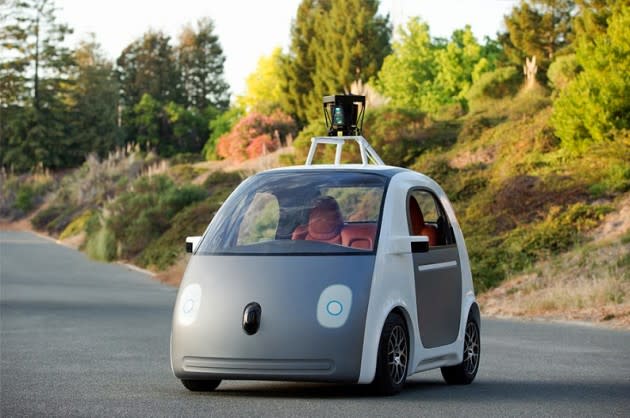Self-driving vehicles will make more people car sick

When you get your first self-driving car, don't forget to put a few barf bags in it... just in case. A duo from the University of Michigan's Transportation Research Institute explains that you'll likely be more susceptible to motion sickness in self-driving cars due to a couple of reasons. First, since you don't directly control it, you can't always anticipate every turn, swerve, stop, change in speed, etc. This disconnect between what you see and how the car moves affects balance, which is why drivers don't suffer from the condition as often as passengers do. Second, people are bound to do activities that amplify its symptoms.
The UMich researchers, Michael Sivak and Brandon Schoettle, asked 3,200 adults from the US, India, China, Japan, Great Britain and Australia what they would do while traveling in a robotic vehicle. Most of them said they would be "reading, texting, watching movies/television, playing games or working." All of these cause or intensity dizziness and nausea inside moving vehicles. The best way to combat car sickness, then, is to use your travel time to talk to fellow passengers, or to rest, relax and take a nap. But for the sake of those incapable of controlling themselves, the researchers have a few design suggestions. These include equipping self-driving cars with larger-than-usual windows, displays that face forward and seats that fully recline but don't swivel.
